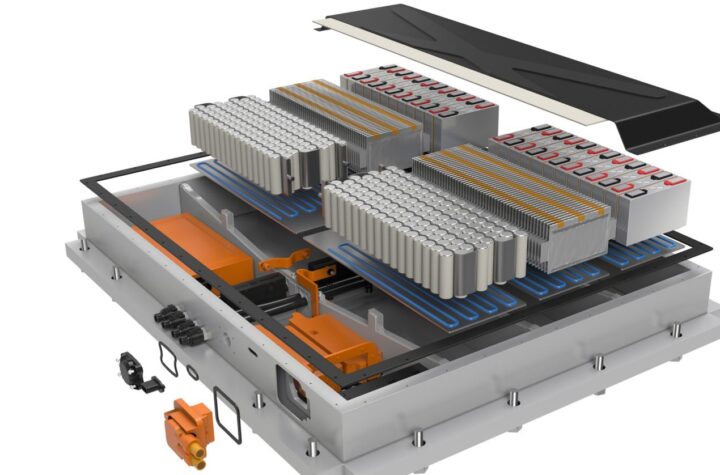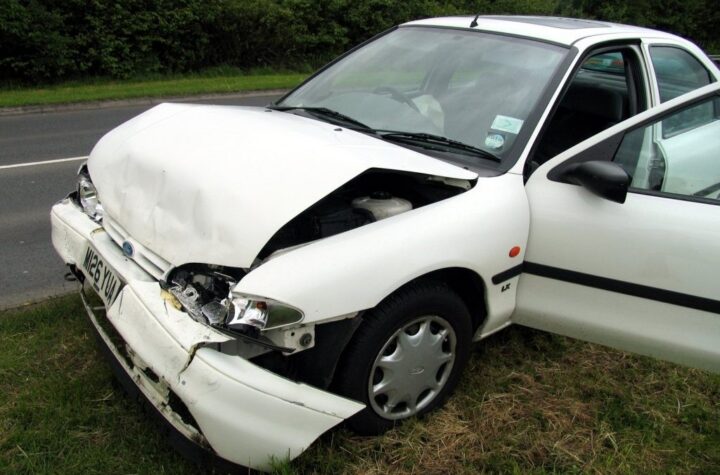
Germany calls for finalization of the Euro 5 Emissions Proposal requiring all cars to have particluate filters.
Following an initiative by the German Minister for Environment, Juergen Trittin, the EU Environmental Council requested in its late June session that the European Commission develop a proposal for new emission standards for particulates for diesel passenger cars by this fall.
 |
| Prompted by a request from Germany, the EU Environmental Council has requested that the European Commission develop a proposal for new emission standards for particulates for diesel passenger cars, such as this Mercedes-Benz Viano minivan, by this fall. |
Future Euro 5 emission standards for lightduty vehicles have been negotiated among stakeholders for several years, but no formal proposal has been yet produced. Regulatory agencies in Germany and several other European countries are aiming to enact particulate filter-forcing standards by adopting stringent PM mass limits, possibly accompanied (for the first time ever) by a particulate number emission limit.
At the time of their adoption, the Euro 4 (2005) emission standards were believed to require particulate filters on diesel passenger cars. Progress in the diesel engine technology, however, made it possible to meet the Euro 4 PM limit (0.025 g/km) in almost all diesel cars using advanced in-cylinder techniques and the diesel oxidation catalyst (DOC), without the need for a PM filter.
The Euro 5 PM limit to be proposed is still under negotiation, with various stakeholders supporting figures anywhere between 0.012 and 0.0025 g/km, or about 50 percent to 90 percent reduction, respectively, from the Euro 4 level. The German government supports the latter limit of 0.0025 g/km = 2.5 mg/km. Euro 5 standards are expected to become effective around 2010.
The Euro 5 proposal will be likely accompanied by a proposal to strengthen the Euro 5 (2008) emission standards for heavy-duty engines. Similarly to the light-duty vehicle regulation, the Euro 4 and Euro 5 heavy-duty standards were originally designed to force particulate filters on larger heavy-duty engines, but can be met today using a combination of engine and catalyst (DOC or urea SCR) technologies.
German Chancellor Gerhard Schr?der met with Bernd Gottschalk, the president of German automotive association VDA, to discuss future diesel car emissions issues. The VDA indicated during the talks that German car manufacturers intend to continue and expand the voluntary installation of particulate filters on diesel cars, which started in Germany last year. It can be expected that all new German-made cars newly registered in Germany will have a particulate filter by 2008 or 2009. This trend reflects the expectations and market pressures from German customers, who would like to see the particulate filter as an integrated part of the diesel car. It also marks a change in thinking from the early 2000s, when German car manufacturers generally opposed the idea of voluntary installation of particulate filters — a position that sparked pro-filter campaigns and initiatives by both German environmental organizations and clean air regulatory authorities.
Chancellor Schr?der also confirmed that the government will support the introduction of particulate filters by establishing a tax incentive for low polluting diesel cars. The German government has already indicated that some kind of tax incentives for clean diesel cars could become effective as early as 2005. Ideally, the tax break would be based on the Euro 5 standards or at least on a firm Euro 5 proposal. If such proposal, however, is not ready by 2005, tax incentives unrelated to Euro 5 may be considered for diesel cars of low PM emissions.
One of the discussed scenarios involves two stages with PM limits of 8.5 mg/km and 2.5 mg/km (strangely enough, the first figure can be achieved without a filter). The corresponding tax savings would be €300 and €600, respectively, and could apply for both new cars and for particulate filter retrofits.
Tax incentives currently exist in Germany (and some other EU countries) for early introduction of Euro 4 cars.
The Schr?der-Gottschalk talks also resulted in a certain confusion, further propagated by not entirely accurate press reports. After the meeting, the VDA issued a statement emphasizing that the German car industry had not agreed on the Euro 5 PM limit proposal of 2.5 mg/km, as implied by the Minister for Environment.
W. Addy Majewski is president of EcoPoint Inc., Bramelea, Ontario, Canada. Ecopoint operates DieselNet, an on-line information service on clean diesel engines and diesel emissions. DieselNet can be accessed at www.dieselnet.com or through the Emissions Data Center at www.dieselpub.com.












More Stories
Your Guide to Filing a Car Accident Claim
Steps to Take Immediately After a Car Accident
What Makes SUV Cars More Prone to Accidents?